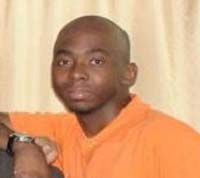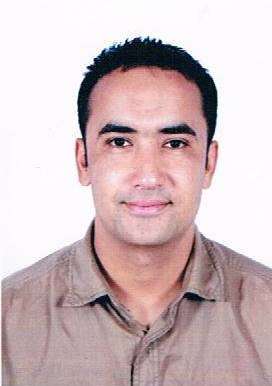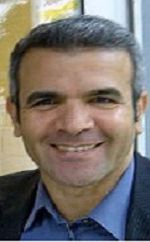To illustrate the lack of competition involved in Singapore’s elections, one only has to look as far as recent election results. In 1991, in a winner take all electoral system, the People’s Action Party won 77 of the 81 available seats in Parliament, in 1997 the People’s Action Party won 81 of 83 available seats, and in 2001 the People’s Action Party won 82 of 84 available seats in an election in which 55 of the 84 total seats were left uncontested. Singapore’s government has yet to meet the criteria of meaningfully competitive, free and fair elections. Moreover, Singaporeans have yet to take power away from the hands of the People’s Action Party which came to power in 1959, led by Prime Minister Lee Kuan Yew.
Yew took that office in 1963, leading to a long-lasting civilian authoritarian regime. Lee retired from the office of Prime Minister in 1990 only to assume new governmental roles, including the unconstitutional offices of Senior Minister, a seat which he held from 1990 to 2004 and Minister Mentor, an office he took in 2004 and which he currently holds; both of which were created for the sole purpose of keeping Lee in government. Lee’s son Lee Hsien Loong currently holds the position of Prime Minister.
Despite these one-sided electoral results, no electoral fraud has been found in the 60-year reign of the People’s Action Party. According to the 2008 Transparency International Corruption Perceptions Index, which measures public perceptions on a scale from 1-10 with 10 being least corrupt, Singapore is considered one of the least corrupt governments in the world with a score of 9.2, ranking fourth overall out of 180 countries surveyed. It ranks near countries like Denmark, New Zealand and Sweden.
However, repression of civil society has been routine, selective and covert. The Singaporean government has been careful not to allow this coercion a large amount of publicity. Despite the potential for bad publicity, Lee’s government has routinely sent opposition party members to mental institutions, a threat which has suppressed dissent in civil society. In other efforts to stifle political competition, leading members of the People’s Action Party, including Lee himself, have won massive defamation lawsuits against opposition party members. These lawsuits have bankrupt opponents and forced them to resign from their seats in Parliament due to Singaporean electoral laws.
Though a cynic may argue that this shows the People’s Action Party’s ability to get extremely high percentages of people to hide their real feelings toward government, other signs may show that the argument this article puts forth is conclusive. Singapore’s extremely low levels of corruption may be able to explain these otherwise skewed data. High levels of corruption have shown in the past to directly correlate with public mistrust in institutions. As long as these levels of trust in political institutions are maintained, the People’s Action Party may well be able to stay in power.
However, corruption scandals, economic downturns, or anything that could potentially cause civil unrest could set off a social revolution in Singapore.
Christopher.





